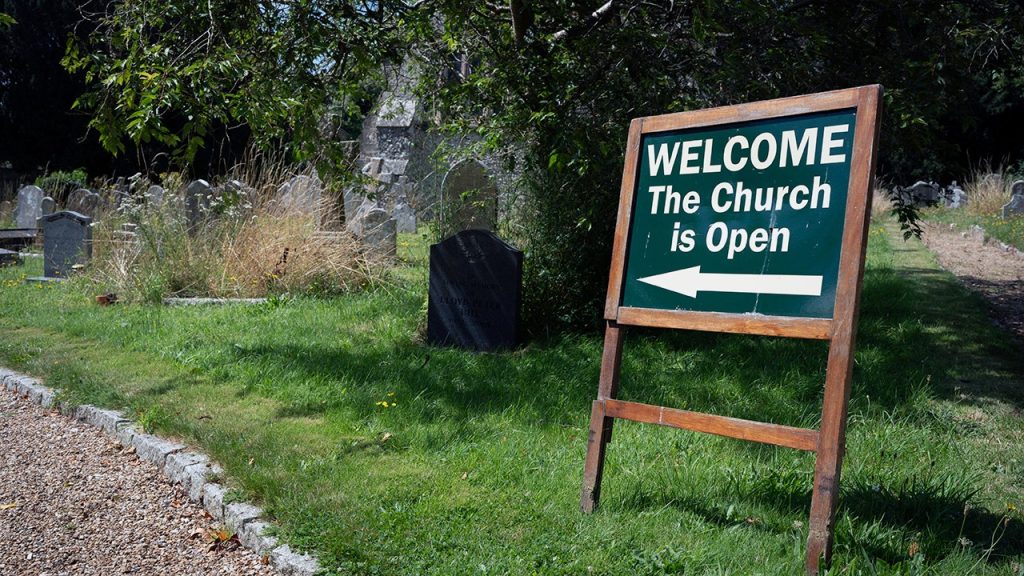A recent study conducted by the Centre for Church Planting Theology and Research in Durham revealed that the Church of England is moving away from using the term “church” to describe new church projects, in an effort to attract larger crowds. The study, titled “New Things,” examined language used by 11 dioceses within the Church of England to describe their new churches. Surprisingly, none of the dioceses used the term “church plant” or “church” in their descriptions, opting instead for terms like “worship,” “community,” and “congregation.”
The shift away from using the word “church” has sparked debate within the Church of England about the definition of what constitutes a church. Some, like Dr. Giles Fraser, the vicar of St. Anne’s in Kew, view the move as a misplaced attempt to appear trendy and modern. Meanwhile, the main author of the study, Reverend Dr. Will Foulger, acknowledges that the changes in language are forcing a reevaluation of the concept of a church within the Church of England. This change in terminology could reflect broader shifts in how religious institutions adapt to changing social norms and cultural contexts.
The study found that six out of the 11 dioceses preferred to use the language of “worship” as the main descriptor for new church projects, while seven used “community,” and only two used “congregation.” This suggests a trend towards emphasizing the communal aspects of religion and spiritual practice over traditional structures and institutions. By reframing new church initiatives as “new things” rather than “church plants,” the Church of England is seeking to engage a wider audience and resonate with contemporary audiences.
The exclusion of the term “church” in favor of alternative descriptors like “community” and “worship” for new church projects could signify a broader cultural shift towards more inclusive and accessible forms of spirituality. By creating space for different expressions of faith and spiritual practice, the Church of England is seeking to reach a more diverse and dynamic audience. This move towards redefining what constitutes a church raises questions about the essential nature of religious institutions and their role in society.
The reaction to the Church of England’s decision to drop the term “church” in describing new church projects has been mixed, with some viewing it as a necessary adaptation to contemporary culture and others expressing concerns about diluting traditional religious language. This tension between preserving tradition and embracing change reflects broader debates within religious communities about how to navigate evolving social landscapes. Ultimately, the decision to reframe new church initiatives as “new things” underscores the Church of England’s commitment to remaining relevant and engaging in an increasingly secular world.
While the Church of England did not immediately respond to requests for comment on this study, its implications for the future of religious institutions are significant. By redefining what constitutes a church and embracing new forms of language and expression, the Church of England is adapting to meet the needs and expectations of a changing society. This shift towards inclusivity and innovation reflects a broader trend in the religious landscape towards reimagining traditional structures and practices for a modern audience.


